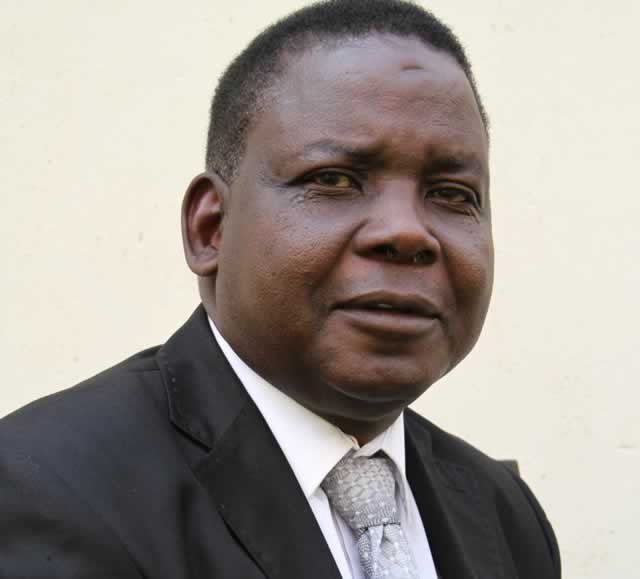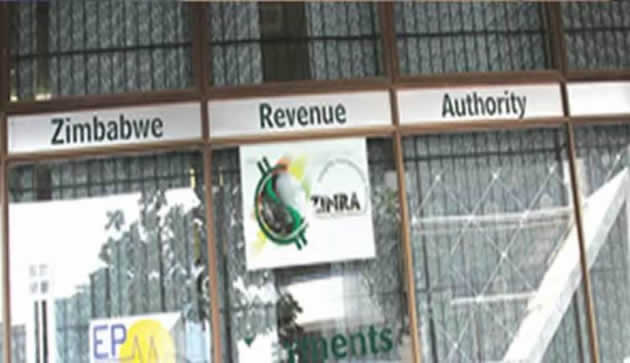Zim to set up own gas mines

Golden Sibanda Senior Business Reporter
MINES and Mining Development Deputy Minister Fred Moyo says Zimbabwe will proceed with plans to develop its gas mines as this is critical for self-reliance.
The deputy minister’s remarks come in the wake of some claims that it made more economic sense for Zimbabwe to import from Mozambique than to set up mines in the country.
Zimbabwe recently discovered billions of cubic feet of coal-bed methane gas in Lupane and efforts are currently underway to find investment to exploit the strategic energy source.
Estimates say the country is home to more than 40 trillion cubic feet of potentially recoverable coal-bed methane gas, which is found in the Lupane-Lubimbi area.
But there has been some debate that Mozambique, which has trillions of reserves and current production that dwarfs Zimbabwe’s reserves, could be a cheaper source of gas. Mozambique is estimated to have 150 trillion cubic feet of the much sought after natural gas.
According to Standard Bank, Liquefied Natural Gas will add $39 billion to Mozambique over the next 20 years, boosting GDP per capita from approximately $650 in 2013, to about $4 500 by 2035.
Standard Bank says the natural gas industry will help create over 700 000 jobs by 2035, but only 15 000 will be directly connected to gas. The rest will be “indirect and induced”.
However, Deputy Minister Moyo dismissed claims that importing could be cheaper, saying the two countries were home to completely different types of gases – natural and coal-bed methane.
He also pointed out that Zimbabwe could not start thinking about the possibility of importing gas from Mozambique because it was not privy to the cost of production in that country.
The minister said it could be significantly cheaper to exploit the country’s own gas deposits than to import from anywhere, justifying the argument for setting up mines to produce the gas locally.
Further, the deputy minister said the cost of building infrastructure to transport the gas from the production sites in Mozambique far outweighed cost of building local mines.
“What we are talking about are different things, our gas is coal bed methane and what Mozambique produces is natural gas,” he said, adding: “What we can (also) say is at what cost Mozambique is producing the gas.”
As its name suggests, natural gas comes out of the ground as a gas; oil, gasoline and other hydrocarbons are recovered mixed together in a liquid, generally called crude oil.
Coalbed methane gas or coalbed gas, coal0 seam gas, or coal-mine methane is a form of natural gas extracted from coal beds. In recent decades it has become an important source of energy in United States, Canada, Australia and other countries.
The deputy minister added that the cost of developing methane gas mines in the country could actually be lower than the financial resources needed to build the infrastructure to import the gas.
He also dismissed as unfounded fears that Zimbabwe could lose its reserves to Botswana if it delayed exploitation of its gas saying, technically, there was no link between deposits, adding there were also no reports of successful exploration by its neighbour.
Discovery Investments is understood to have completed exploration for coal-bed methane gas in the Dandanda area of Lupane and Binga districts in Matabeleland North Province.
Old Stone and Chinese firm Shandong Taishan entered a 50-50 partnership to set up an investment vehicle, China Sunlight Energy. The firm plans to invest over $2,1 billion towards setting up gas mines, power stations and dams in the Gwayi- Lupane areas.
The investment is expected to generate billions of dollars in revenue and create over 4 500 jobs while making the Gwayi-Lupane area the paragon of power generation in Zimbabwe.












Comments